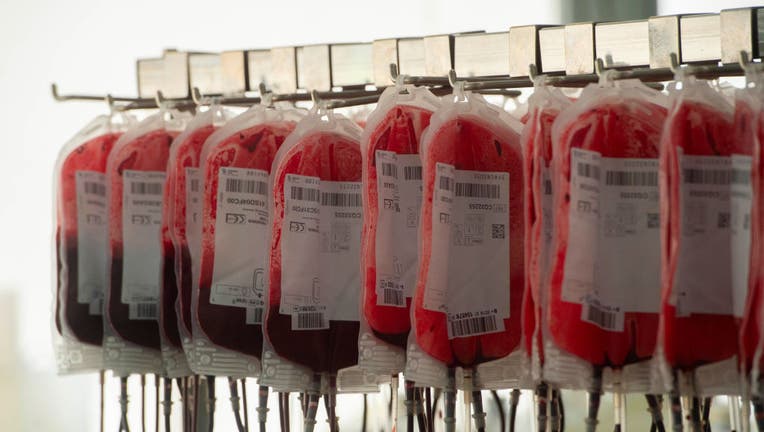Southern blood center recovering after ransomware attack

Blood bags from the Valdebernardo Transfusion Centre, on 14 June 2021, in Madrid (Spain). World Blood Donor Day is celebrated every year on 14 June. (Photo By Alberto Ortega/Europa Press via Getty Images)
A not-for-profit blood center serving much of the southeastern United States says its critical systems are coming back online days after a ransomware attack.
OneBlood said the attack on July 29 had disabled its information technology, forcing it to operate at a reduced capacity in Georgia, Florida, and the Carolinas. To manage its blood supply, the blood center was asking more than 250 hospitals to activate their critical blood shortage protocols.
While the blood center remains operational and is still able to collect, test, and distribute blood, officials say the attack left them at a "significantly reduced capacity."
The blood center also was using manual processes to maintain basic operations, officials said.
"Our critical software systems have cleared reverification and are operating in a reduced capacity. As we begin to transition back to an automated production environment, manual labeling of blood products will continue. Additionally, we are beginning to return to using our electronic registration process for donors. We continue to move in the right direction and anticipate solid improvement of the blood supply over the next few days," said Susan Forbes, OneBlood’s senior vice president of corporate communications and public relations.
Despite the challenges, the blood center says it has seen a "tremendous response" from donors.
As Hurricane Debby makes it way across Florida, OneBlood is asking for additional platelet donations. The blood center said there’s a particular need for O-positive and O-negative blood.
An investigation into the ransomware attack is ongoing.
The Associated Press contributed to this report.

